Open Source audio editor Audacity is now part of MuseGroup
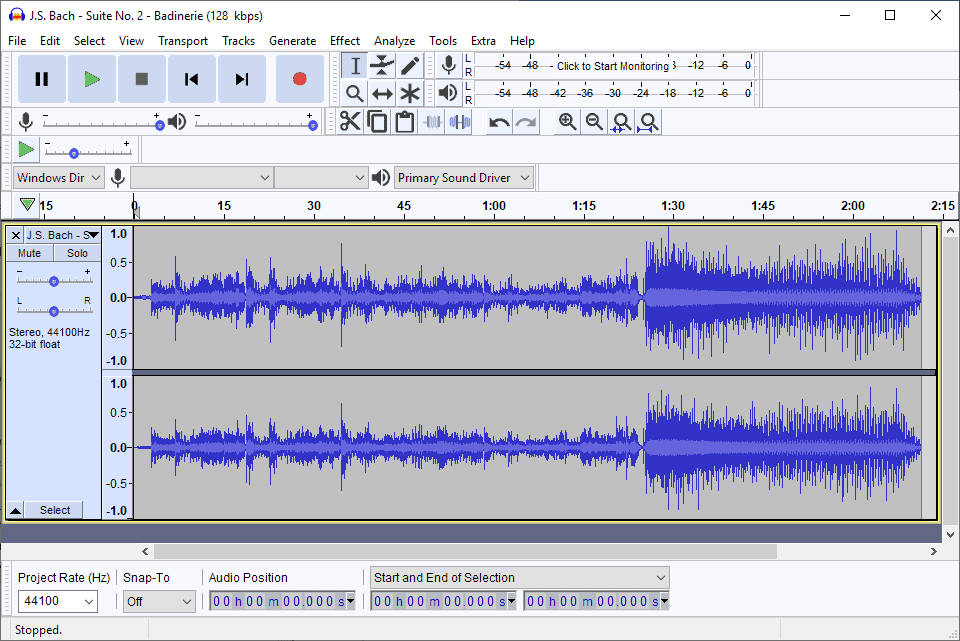
Audacity is one of the most popular free cross-platform open source audio editors. It can be downloaded and used on Windows, Mac OS and GNU/Linux machines, and is regularly updated and quite accessible.
Audacity, as an open source project, is maintained by a group of contributors. Anyone may download the source code of the program and compile it, or contribute code to the project.
We have followed the development of the audio editor for years, and even published a few tutorials here on this site. Did you know that you may use Audacity to merge Mp3 or Wav files, or to generate and save white noise audio files?
The first mention of Audacity dates back to 2008 when we published a tutorial on creating ringtones using the software and YouTube. Ringtones, at least in the original form, have faded away.
Muse Group was formed last week. It is best known for its open source MuseScore music notations application and for Ultimate Guitar. Ultimate Guitar founder Eugeny Naidenov is the first chairman of Muse Group. Naidenov aquired MuseScore in 2017 and announced the acquisition of Audacity this week in a YouTube video.
Audacity is listed as one of two projects on the company's website, but the official Audacity website makes no mention of the change. There is no press release yet either, and details are a bit murky at the time of writing, the exact terms of the acquisition are not known, for example.
Existing Audacity users may be interested in the project's future. Acquisitions may lead to undesirable changes or even the discontinuation of a program, but this appears not to be the case for Audacity. Naidenov revealed plans in the video to contribute to the project and hire senior developers and designers. More contributors could improve development; light non-destructive UX changes may be part of upcoming releases.
While it is too early to tell where the acquisition will take Audacity, it may take the audio editor to the next level by introducing more developers and a larger community to the project. A look at the group's open source music notation software MuseScore shows how this could pan out in the future.
Audacity, being an open source program, can be forked if the project takes wrong turns along the road.
Now You: what is your take on the change? Do you use Audacity?



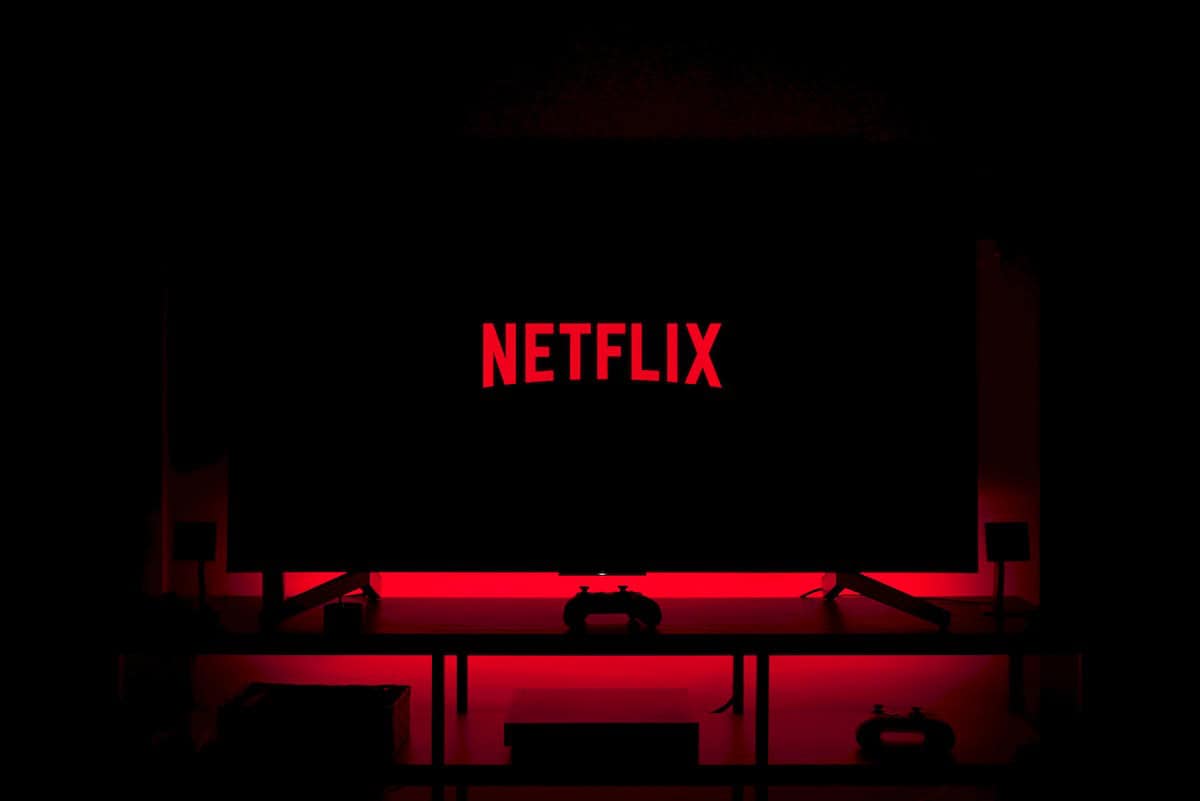
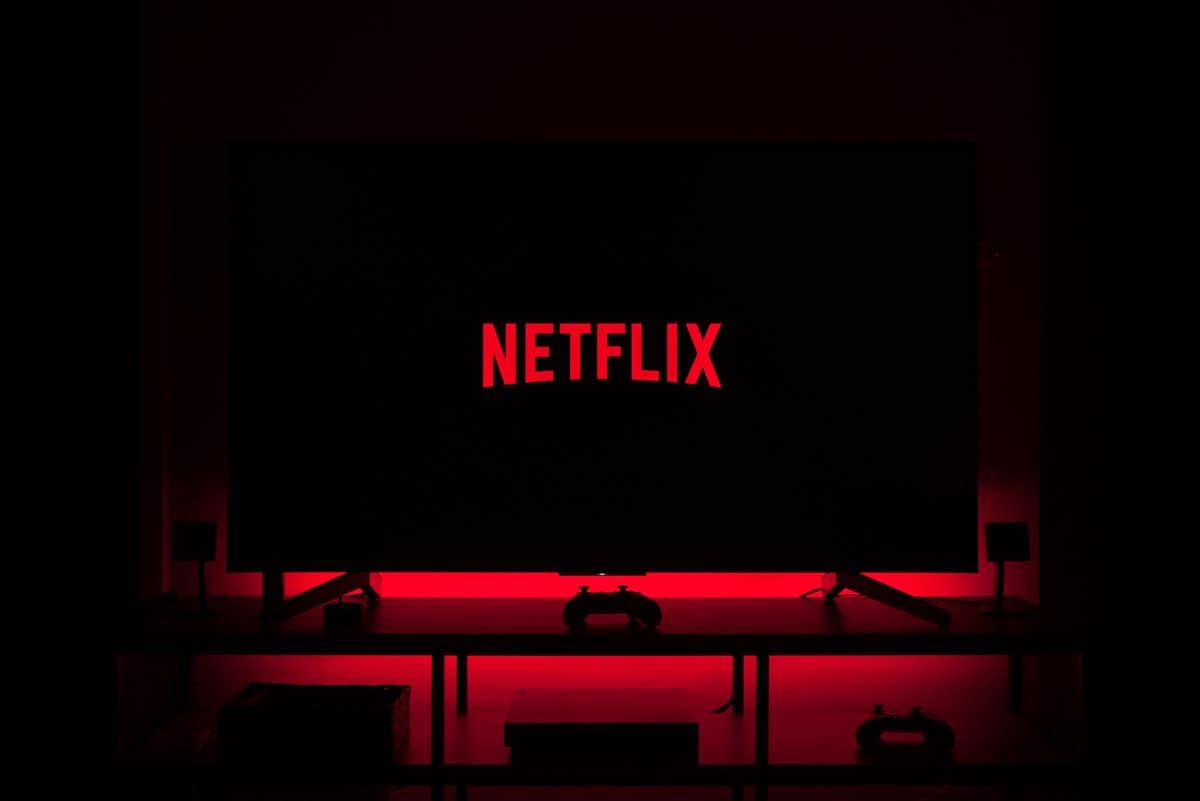
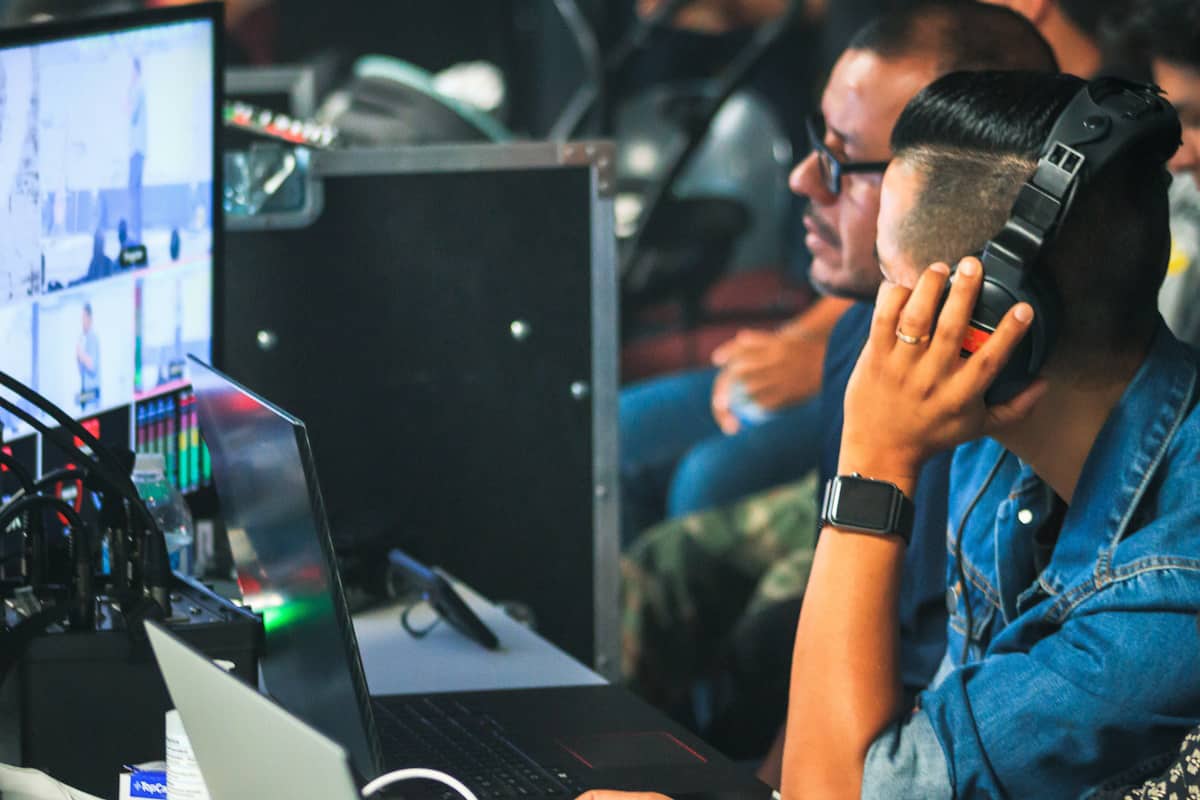
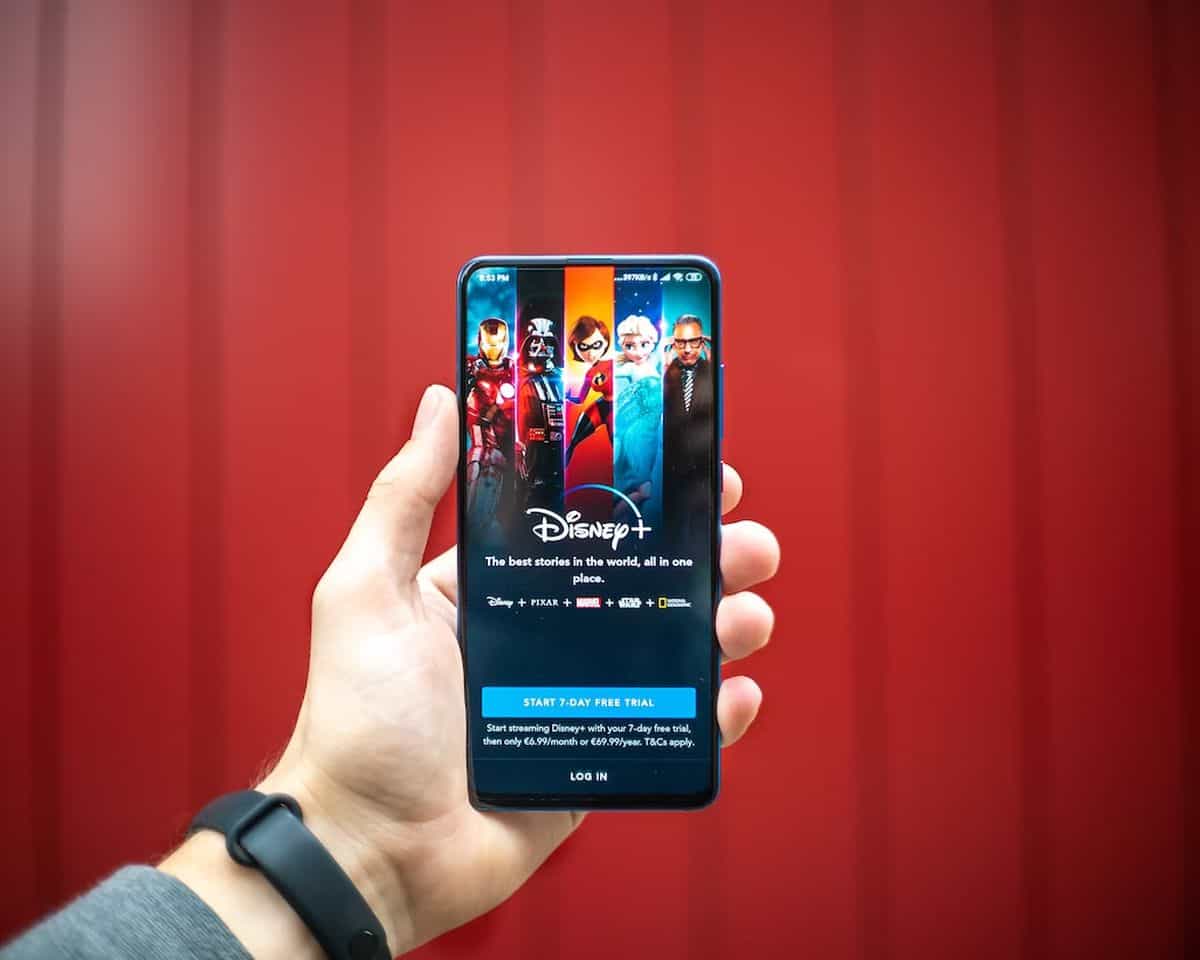
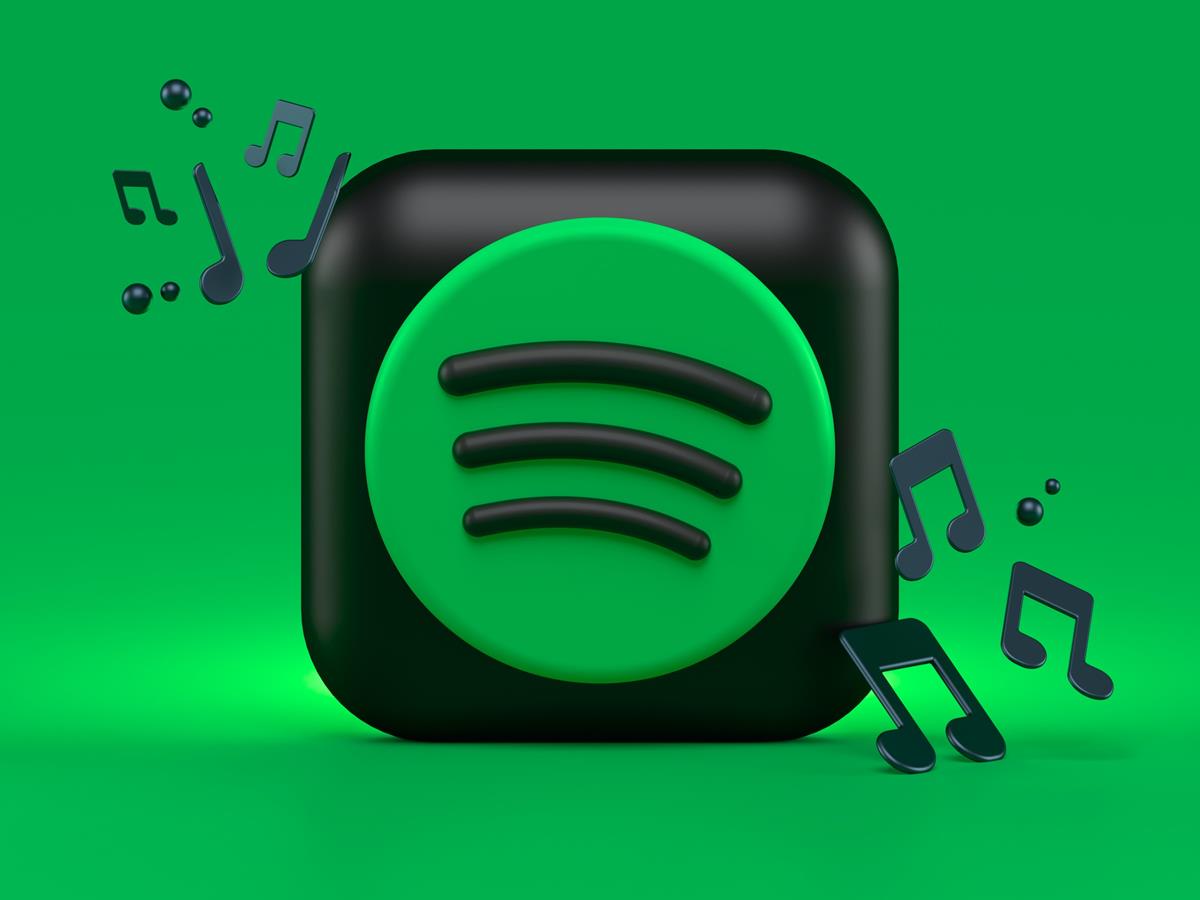

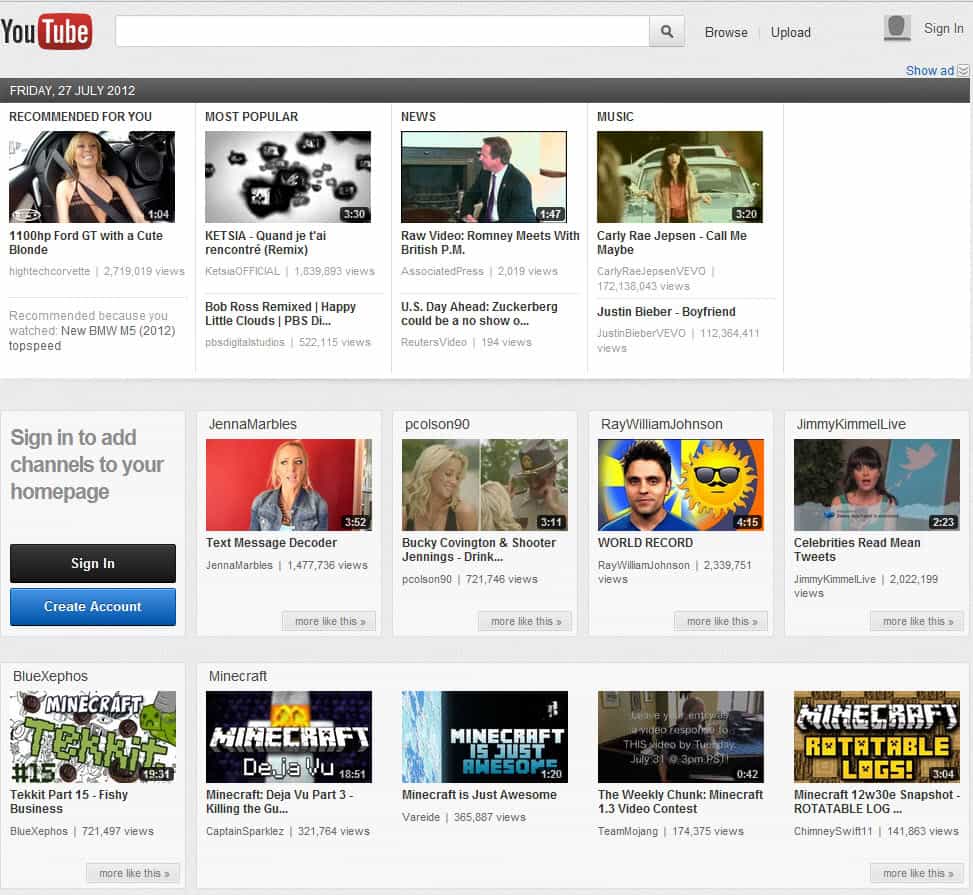

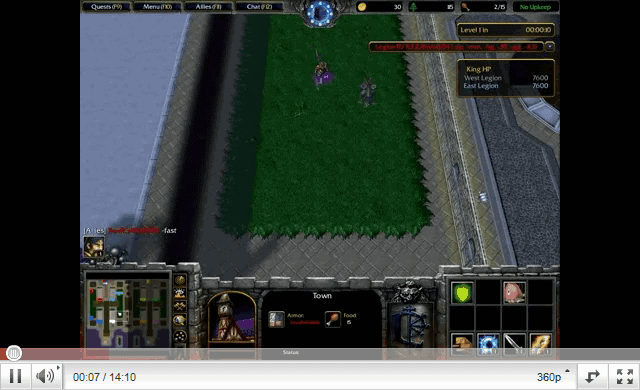
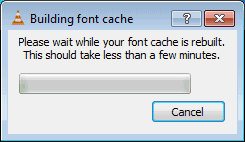










I’ve been using audacity since 2000 (wow) and have been quite happy. I have mixed feelings on this article. All my thoughts and concerns have already been voiced by others….so, no need to regurgitate all the sentiment above. Just adding my voice.
@Peterc : Yes, something horrible happened to Musescore after it was acquired by MuseGroup.
Actually, the Musescore software itself has little evolved since the acquisition. BUT what’s terrible is that Musescore had a free website where everybody could upload and download score. So the company build a site with a rich content thanks to the community – tens of thousands of scores including newly created ones. Then, suddenly, they declared that people would have to pay to download the huge majority of the scores.
@Kris:
And — as I wrote — that move was almost certainly driven by threats from copyright-enforcement groups like RIAA, BMI, SACEM, et al. That’s what happened at Guitar Pro’s MySongBook site. You now have to pay to join the site and/or download material, and the copyright-enforcement groups get a cut of the action, which they (supposedly) duly distribute to whoever holds the legal score-publishing rights. I suspect MuseGroup and Arobas (publisher of Guitar Pro) don’t mind dipping their snouts in the trough, but I don’t think they’re the ones who drove the change.
How can an open source project be “acquired” exactly?
No mention of this in this article and that is probably the primary question, is it not?
@PD,
> How can an open source project be “acquired†exactly?
No mention of this in this article and that is probably the primary question, is it not?
It’s clearly mentioned in an article by gHacks.
> Audacity is listed as one of two projects on the company’s website, but the official Audacity website makes no mention of the change. There is no press release yet either, and details are a bit murky at the time of writing, the exact terms of the acquisition are not known, for example.
> While it is too early to tell where the acquisition will take Audacity
> Audacity, being an open source program, can be forked if the project takes wrong turns along the road.
In short, the current situation is that “the situation is unknown except to the parties concerned”.
However, it is true that MuseGroup has acquired and taken over the company.
https://youtu.be/RMWNvwLiXIQ
“gHacks Tech News” is a news site about web technology. There was a change (acquisition) in the popular “Audacity”, so they wrote an “article” about the information as far as gHacks could grasp.
End users tend to make comments based on speculation, but a responsible “news site” will provide factual information.
It is up to the end user’s sense of value to decide how to judge the news. If there are new developments, there so will be “follow-up” news.
Did anything awful happen to MuseScore after it was “acquired” by MuseGroup? From what I’ve read, not really — just publisher-driven restrictions on freely sharing *output*, of the type seen with *all* “music-creation” apps, whether open-source or proprietary. (See, e.g., proprietary Guitar Pro and its MySongBook tablature website.)
While some people may look for freeware in an “open source project,” many see the advantage in having “The source code is clear and no remote code or other malware can be planted”.
The MuseGroup is based in Moscow.
Ultimate Guitar founder Eugeny Naidenov is the first chairman of the Muse Group, and he is Russian, but the past track record is impeccable, and if it is an open source project, there seems to be no “points of concern”.
https://www.ghacks.net/2021/03/16/wonder-about-the-data-google-collects-in-chrome-and-links-to-you-now-we-know/#comment-4489775
The Russians have done a great job with AIMP, MPC-BE and RadioSure.
As long as they are willing to invest in human resources and capital, we can expect great things from them. I’m keeping an eye on Audacity by MuseGroup.
Privacy Policy | MuseGroup
https://mu.se/privacy-policy
Terms of Service | MuseGroup
https://mu.se/terms-of-service
Whois: The MuseGroup,
% This is the RIPE Database query service.
% The objects are in RPSL format.
%
% The RIPE Database is subject to Terms and Conditions.
% See http://www.ripe.net/db/support/db-terms-conditions.pdf
% Note: this output has been filtered.
% To receive output for a database update, use the “-B” flag.
% Information related to ‘185.165.123.36 – 185.165.123.36’
% Abuse contact for ‘185.165.123.36 – 185.165.123.36’ is ‘legal@tilda.cc’
inetnum: 185.165.123.36 – 185.165.123.36
abuse-c: ACRO17522-RIPE
netname: VARITI-NET-185_165_123_36
country: RU
admin-c: VRTR1-RIPE
tech-c: VRTR1-RIPE
status: ASSIGNED PA
mnt-by: ru-variti-1-mnt
mnt-by: VARITI-MNT
created: 2020-01-27T10:11:50Z
last-modified: 2020-01-27T10:11:50Z
source: RIPE
person: Variti NOC RU
address: Nikoloyamskaya street, 52, building 1
address: 109004
address: Moscow
address: RUSSIAN FEDERATION
phone: +7 495 792 22 74
nic-hdl: VRTR1-RIPE
mnt-by: VARITI-MNT
created: 2017-02-12T17:46:56Z
last-modified: 2018-02-20T13:15:12Z
source: RIPE
% Information related to ‘185.165.123.0/24AS64432’
route: 185.165.123.0/24
origin: AS64432
mnt-by: VARITI-MNT
created: 2016-08-25T17:49:13Z
last-modified: 2017-02-12T19:37:08Z
source: RIPE
% This query was served by the RIPE Database Query Service version 1.99 (BLAARKOP)
I live Audacity… I’ve tried a lot of DAWs and I’ve watched them develop since the 80’s but Audacity is still my favorite. I hope they dont mess it up… I’m mixing my 15th album since December on Audacity in a few minutes… #44while44
A bit worrying. My backup editor is WavePad.
I use it regularly. Lots of technical chatter here but ultimately I hope this platform does not get derailed. I find it helpful and have learned to do a lot using it. It’s a shame how greed ruins good things.
I don’t know why people would care too much about all this and who is developing it.
Like most FOSS, all that matters is the price, it doesn’t matter how well it works or not, it doesn’t matter if it is missing important features, it doesn’t matter how broken it is, what people care is about the price because if “it does the job” then it should be enough, no matter what an expensive program can offer.
Audacity is the most popular open source audio editor, we know it, so then, nothing else matters to anybody, so why would this?
People are so dramatic, but yes, if people really cared about features and what a program may offer or not, there are better software than audacity in the audio field, of course most cost money but that’s not what most cheap humans want to hear.
Nobody buys a program simply because they CARE about its features, they do so because they NEED certain features. So why the hell would they NOT use a free program that offers the features they NEED, even if better paid ones are available?
As for being concerned about this development, why wouldn’t people be? There’s a definite possibility that the free program they prefer can end up being completely ruined over time, which means they’ll either have to stick to an old version for as long as it works, or put in considerable effort to find and learn how to use something else that does the job equally well at the very least.
Audacity is free software, licensed under the GPL, with over 100 contributors (source). It is impossible to take it proprietary without the agreement of all the copyright holders, and AFAIK contributions did not require copyright assignment.
Therefore, Audacity must remain FOSS, so any adverse changes to the code can be easily reverted and distributed by anyone willing to do so.
Worst case scenario, if the new owner manages to get *all* the copyrights assigned to them, the existing code will still be under the GPL and can be forked.
TL;DR: Don’t worry.
So, who owned Audacity and sold it?
+1
Who sold it?
Since it’s an open-source project, does that mean anyone can fork it if they are worried about the direction after the acquisition?
Yes that is right. It would be under a different name though.
I recently updated to Audacity 3.0.2 and it seems there still is no automatic way for it to be updated. I will not manually be checking for an update until after the dust settles on this news.
I’m adopting a wait and watch approach like many, but am cautiously optimistic. Of course, if things unfortunately go sideways then there’ll always be the last good version available, and with such a well-known program I fully expect others to fork and continue development in such a situation. Let’s hope it doesn’t come to that.
Hope they don’t go down the ruination path! I use it a lot. Brilliant piece of free kit.
Perhaps not a development to be happy about.
Just in case, what are good FOSS alternatives?
This IS the FOSS alternative. It’s been built from the ground up to be open to everybody, which is why Muse Group pledged to keep it that way, and it developing it in tandem with the existing community.
I hope they don’t monitize it by putting ads in it or change it to subscription access I haven’t updated mine for over a year don’t think I wil either it’s fine for the use I have it for.
They have to monetize it somehow. otherwise why buy something that is not going to benefit you?
They didn’t buy it. There was simply a change in leadership that means it will now benefit from the support of Muse Group. The new lead, Martin Keary, has plenty of experience with other open-source programs (namely, MuseScore), and they’ve pledged to keep the app free and open source for everybody.
They can start by making a more logical & understandable UI!
wxWidgets…. How about a proper GTK front end? Please, no Qt-errible.
This is no children’s application, for which GTK is the toolkit of choice.